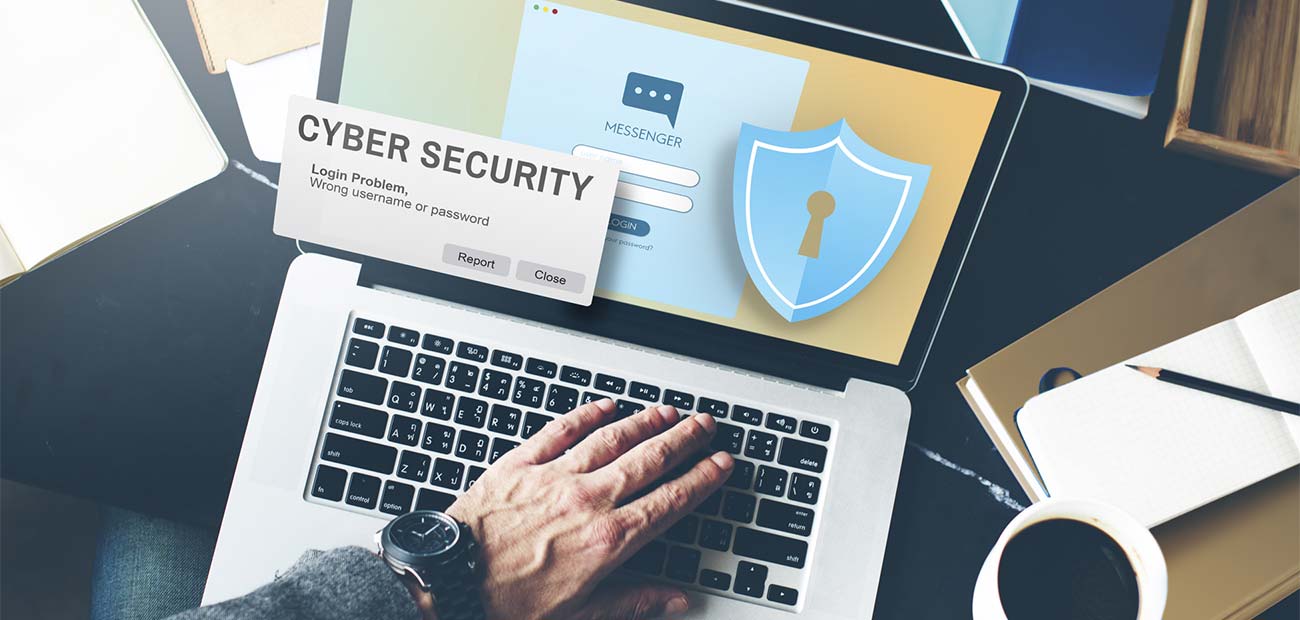Website Hosting and Security: Keeping Your Online Presence Safe
When it comes to running a website, one of the most important factors to consider is website hosting and security. Your website is essentially your online storefront, and just like you wouldn’t leave the doors of your physical store unlocked at night, you need to take necessary precautions to protect your online presence.
Website hosting refers to the service that allows individuals and organizations to post a website or web page onto the Internet. A web hosting service provider controls access to your website and provides the necessary technologies and services needed for the website to be viewed online. Choosing a reliable website hosting provider is crucial for ensuring that your website is always accessible to your visitors.
However, simply having a reliable hosting provider is not enough. In today’s digital age, cybersecurity threats are constantly evolving and becoming more sophisticated. As a website owner, it is your responsibility to ensure that your website is protected from these threats. Here are some key security measures you should implement to safeguard your website:
- Secure Socket Layer (SSL) Certificate: An SSL certificate encrypts data exchanged between your website and your visitors, ensuring that sensitive information such as login credentials and payment details are secure. Many web browsers now display a “Not Secure” warning for websites without SSL certificates, which can deter visitors and negatively impact your website’s credibility.
- Regular Software Updates: Keeping your website’s software, plugins, and themes up to date is essential for protecting against vulnerabilities. Hackers often exploit outdated software to gain access to websites, so make sure to regularly check for updates and install them promptly.
- Strong Passwords: Despite the numerous security measures available, weak passwords remain one of the easiest ways for hackers to gain access to your website. Encourage your users to create strong, unique passwords and consider implementing two-factor authentication for an added layer of security.
- Website Firewall: A website firewall acts as a barrier between your website and potential threats, monitoring and filtering incoming traffic for malicious activity. Investing in a reliable website firewall can significantly reduce the risk of cyber attacks.
- Regular Backups: In the event of a security breach or data loss, having recent backups of your website is essential for restoring your website to its previous state. Make sure to regularly backup your website and store the backups in a secure location.
- Security Monitoring: Implementing security monitoring tools can help you detect and respond to security incidents in real-time. These tools can provide insights into potential threats and help you take proactive measures to protect your website.
Additionally, it is important to consider the physical security of the server where your website is hosted. Choose a hosting provider that offers secure data centers with stringent access controls to prevent unauthorized physical access to your website’s server.
Ensuring the security of your website is an ongoing process that requires constant vigilance and proactive measures. By implementing the security measures outlined above and staying informed about the latest cybersecurity threats, you can protect your website from potential risks and safeguard your online presence.
Remember, the security of your website is not something to be taken lightly. Investing in website hosting and security is investing in the longevity and credibility of your online presence. Take the necessary steps to protect your website today and enjoy peace of mind knowing that your online storefront is safe and secure.
